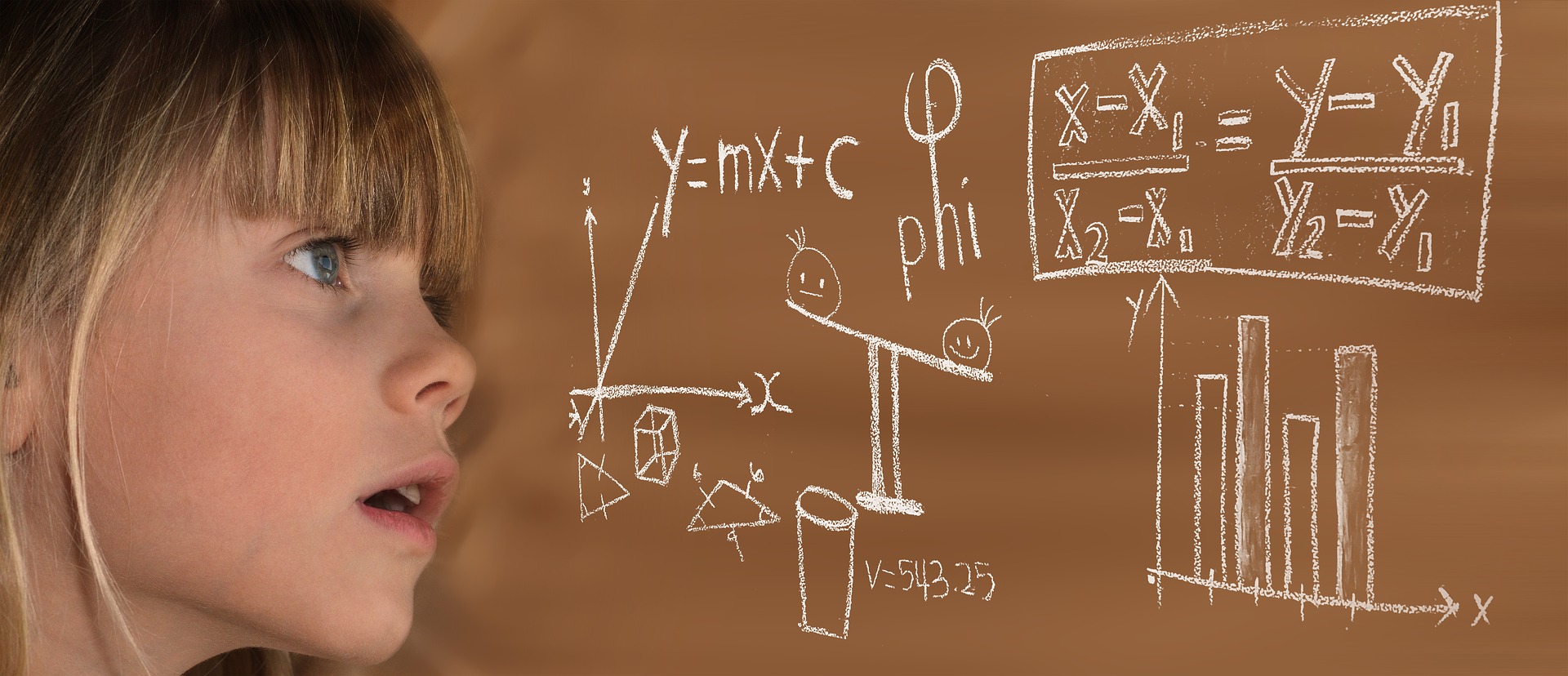
Pixabay
When you think back to your science lessons at school, what did they feel like?
The chances are that some people loved them, but most didn’t. Bits of school science may have been fun but too many people have only a muddled memory of lots of things they had to learn by heart, livened up with the occasional bit of practical work.
Recent efforts at reforming school science are concentrating on the notion of the ‘Big Ideas of Science’. With changes to the curriculum, the hope is that students won’t drown in the detail but will have a clear idea of what they are learning and why.
This raises the question as to what the purpose of school science should be. Traditionally, perhaps, the main aim of school science was to provide the basic knowledge for the next generation of scientists. The only trouble with this is that most of those who go to school aren’t going to use much science in their careers.
However, virtually everyone is going to use science in making decisions for themselves and their families. Should children be vaccinated against measles, mumps, and rubella? Are chemical sprays on crops a bad idea? Should we go for nuclear power because it’s green or avoid it because we don’t know what to do with the radioactive waste?
And what of the planet? Should we look after it just because it’s useful for us or because it’s part of God’s creation? Traditionally, school science has avoided such questions, not just because religion almost never makes an appearance in science lessons, but because questions of values and ethics don’t much either.
And yet, students don’t come to their science lessons only interested in science. Many of them – like many of us – are searching for meaning, and science lessons seem like they could be a good place to find it. But often science teachers are wary of anything that departs too much from the official science curriculum, and that won’t inspire most students.
It’s the actions and principles of the Greta Thunbergs and the Jean Vaniers of this world that inspire, causing us to question our basic assumptions of who we are, whether we really can all be equal, what the planet is for, and what the purpose of life is. I’m hopeful that a school science that looks at big ideas may help the next generation to find answers to such questions. It won’t do this by preaching at students but by opening up their minds to new ways of being.
Reproduced with permission from https://www.licc.org.uk/resources/education-for-meaning/
Michael J Reiss
Michael is Professor of Science Education at University College London, a Priest in the Church of England, and President of the International Society for Science and Religion.




